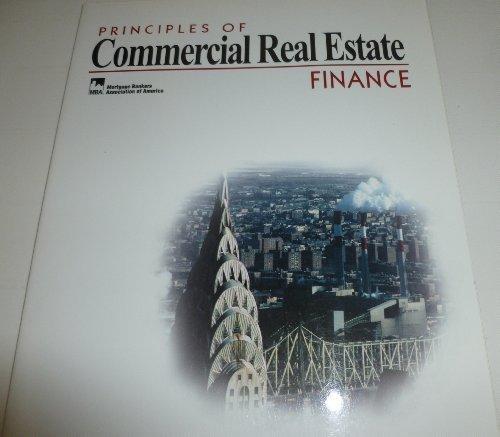Question
Expected Returns Standard Deviation Firm A's common stock 0.14 0.12 Firm B's common stock 0.09 0.08 Correlation coefficient 0.50 (Computing the standard deviation for a
| Expected Returns | Standard Deviation |
| |
| Firm A's common stock | 0.14 | 0.12 | |
| Firm B's common stock | 0.09 | 0.08 | |
| Correlation coefficient | 0.50 | ||
(Computing the standard deviation for a portfolio of two risky investments)Mary Guilott recently graduated from college and is evaluating an investment in twocompanies' common stock. She has collected the following information about the common stock of Firm A and Firm B:
a.If Mary decides to invest 10 percent of her money in Firm A's common stock and 90 percent in Firm B's common stock, what is the expected rate of return and the standard deviation of the portfolio return?
b.If Mary decides to invest 90 percent of her money in Firm A's common stock and
10 percent in Firm B's common stock, what is the expected rate of return and the standard deviation of the portfolio return?
c.Recompute your responses to both questions a and b, where the correlation between the two firms' stock returns is 0.50.
d.Summarize what your analysis tells you about portfolio risk when combining risky assets in a portfolio.
What does your analysis tell you about portfolio risk when combining risky assets in a portfolio?(Select the best choice below.)
A. You can maintain the same return in a portfolio but lower risk more if the stocks are positively correlated rather than negatively correlated. If correlation of the two stocks is the same, risk can also be lowered by investing a higher proportion of the portfolio in stock with lower standard deviation, this however will reduce return.
B. You can maintain the same return in a portfolio but lower risk more if the stocks are negatively correlated rather than positively correlated. If correlation of two stocks is the same, risk can also be lowered by investing a higher proportion of the portfolio in stock with lower standard deviation, this however will effect return.
C. You can maintain the same return in a portfolio but lower risk if the stocks are negatively correlated rather than positively correlated. Regardless of correlation, risk can also be lowered by investing a higher proportion of the portfolio in stock with higher standard deviation, this however will reduce return.
D. You can maintain the same return in a portfolio but lower risk if the stocks are positively correlated rather than negatively correlated. Regardless of correlation, risk can also be lowered by investing a higher proportion of the portfolio in stock with higher standard deviation, this however will increase return.
Step by Step Solution
There are 3 Steps involved in it
Step: 1

Get Instant Access to Expert-Tailored Solutions
See step-by-step solutions with expert insights and AI powered tools for academic success
Step: 2

Step: 3

Ace Your Homework with AI
Get the answers you need in no time with our AI-driven, step-by-step assistance
Get Started


